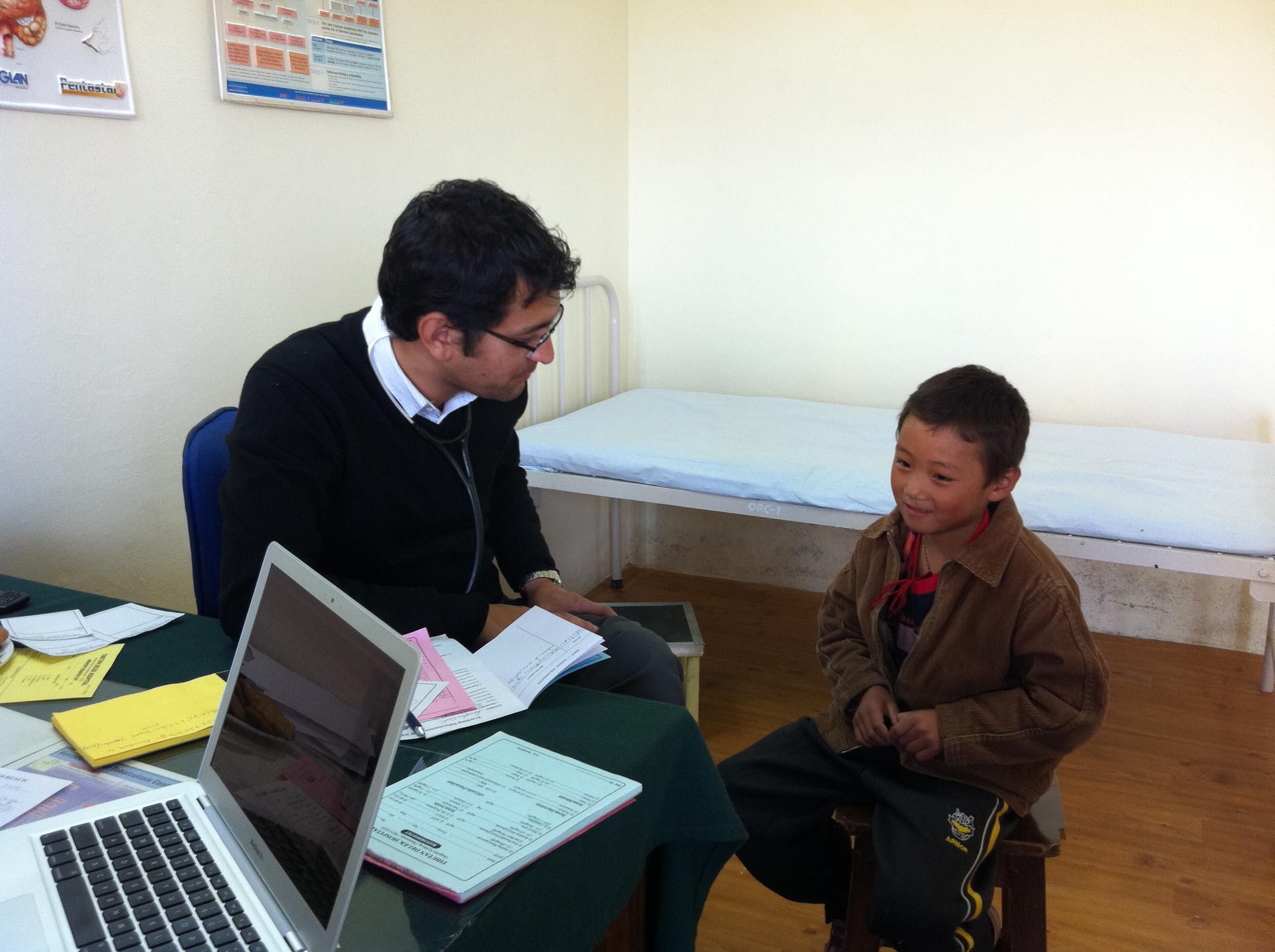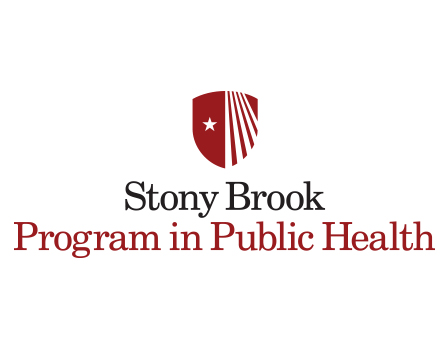Kunchok Dorjee’s commitment to tuberculosis (TB) control began during his medical practice in the Tibetan community in India, where he witnessed firsthand the devastating impact of the disease. Hundreds of patients, many with drug-resistant strains, sparked his interest in leveraging a public health approach to tackling this global health crisis. This motivated him to pursue a Master of Public Health (MPH) degree at Stony Brook University.
“I was attracted to Stony Brook’s MPH for many reasons, but I specifically admired its interdisciplinary approach to tackling public health problems,” Dorjee says. “I knew their degree would provide me with an important perspective beyond my medical and clinical training, and I continue to draw on those insights today.”
Indeed, his training was instrumental in his work with the Tibetan TB Control Programme, which collaborated with Johns Hopkins University on a WHO TB REACH grant. This initiative identified over a hundred TB cases in schools, monasteries, and nunneries, focusing on children and adolescents. Dorjee later earned a PhD in Epidemiology and now leads the global TB elimination initiative, Zero TB in Kids, at Johns Hopkins University.
Such outcomes are typical of those who choose a top-tier public health education. Stony Brook University is a member of the Association of American Universities (AAU). US News and World Report ranks it 68th for public health. USNWR recognises it as the #1 Public University in New York, and it consistently places among the nation’s top 35 public universities.
Its prestige is fuelled by its distinguished faculty. Leading researchers and innovators like Dr. Mahdieh Danesh Yazdi, Dr. Jaymie Meliker and Dr. Guanyu Huang are actively shaping the public health field, integrating their cutting-edge expertise in clinical, social and behavioural sciences and the humanities into their lessons. Under their supervision, students delve into critical contemporary challenges like healthcare disparities, sleep health, cognitive ageing, environmental epidemiology, and resilience in the face of illness and disability.
“The MPH, by nature, is a highly interdisciplinary major,” affirms Dr. Huang, whose research focuses on the science of air pollution under a changing climate and its impact on public health and environmental justice. He utilises observations, numerical modelling, and AI to understand the science of air pollution, its interaction with climate change, and the subsequent effects on public health and environmental justice. Throughout, his students are by his side. Dr. Huang’s research is supported by NASA, NSF, NOAA, and other federal and state agencies.

Source: SUNY Stony Brook University
“They are involved in solving real-world problems by using real-world data and models,” shares Dr. Huang. “They start by asking the right questions, reviewing the literature, designing the experiment, analysing the data, presenting it, and doing the presentation. I believe all of this will enhance their problem-solving skills.”
That was certainly the case for Dorjee, who, as a student, got to work in Dr. Arthur P. Grollman’s laboratory. This meant investigating the link between exposure to specific carcinogenic herbs and the development of kidney disease. This knowledge of genotoxicity mechanisms informs his current work on TB transmission dynamics using whole genome sequencing.
“The entire programme was pivotal to my early career,” says the graduate, who is currently an Assistant Professor of Medicine and International Health at the Johns Hopkins School of Medicine and Bloomberg School of Public Health. “It exposed me not only to complex and emerging public health challenges but also to best practices for addressing them.” Faculty members at Stony Brook double as esteemed researchers who love getting students involved in their studies.

Source: SUNY Stony Brook University
Evolving to ensure relevance
Accredited by the Council on Education for Public Health (CEPH), the MPH programme equips graduates with the skills and knowledge to excel in an ever-evolving field. The competency-based curriculum aligns with national efforts to ensure the highest quality training for public health professionals.
The programme covers five core public health disciplines: biostatistics, environmental health, epidemiology, health policy and management, and social and behavioural sciences. Students can further specialise through a diverse range of concentrations, including Community Health, Epidemiology and Biostatistics, Health Policy and Management, or Climate Solutions and Health — the programme’s latest addition.
Launching in Fall 2024, this concentration will equip future public health professionals with the knowledge and skills to predict, measure, and mitigate the adverse health effects of climate change. The curriculum will include three core courses on Climate and Health (introductory), Data Science Methods and Climate, and Geographical Information Systems and Spatial Analysis, alongside an elective course.
To further cater to world-bettering aspirations — no matter how diverse — Stony Brook offers various dual degrees in collaboration with various schools in the Health Sciences and beyond. Currently, there’s a combined MBA/MPH, MPH/Master of Arts in Public Policy, and Master of Social Work/MPH. The Program in Public Health also offers a Master of Health Administration (offering fully online and accredited by the Commission on Accreditation of Healthcare Management Education), Master of Science in Epidemiology and Clinical Research, PhD in Clinical Outcomes Research, PhD in Population Health, and an Advanced Graduate Certificate in Health Education and Promotion. All programmes except for the Master of Health Administration are delivered from Stony Brook’s campus, which is situated on Long Island’s north shore in southeastern New York. This location unlocks convenient commuting options, with rail access to New York City just 65 miles east.
Follow the Programme in Public Health on Facebook and Instagram













